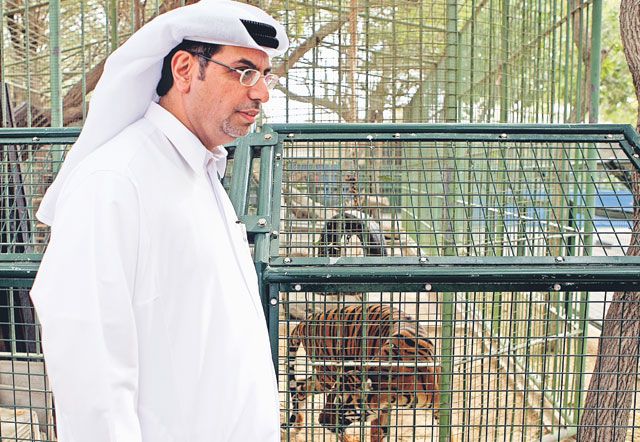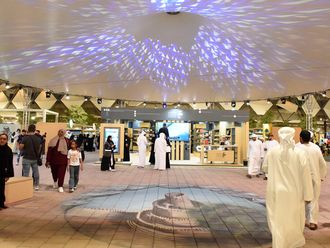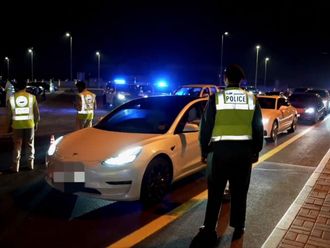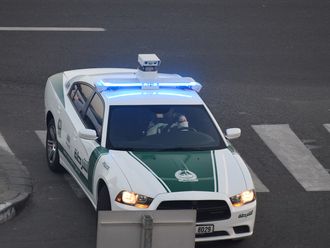Dubai: A unified anti-animal- smuggling body should be formed for the GCC region to bring down the number of wild and endangered species trafficked from country to country, said the head of Dubai Zoo.
Mohammad Saleh Al Najar, head of the zoo section at Dubai Municipality said a strong law needs to be drafted to stop smugglers. International bodies like the Convention on International Trade of Endangered Species (CITES) should have a bigger presence in the region as well, he added.
What IFAW has to say about the illegal animal trade
In 2007 and 2008 hundreds of animals were confiscated from passengers coming to the UAE by customs officials due to lack of any, or valid import and export permits.
Timeline: Illegal trade of wild, endangered animals in UAE
Live cheetah cubs, caracals, Nile crocodiles, boas, pythons, monkeys, African grey parrots and falcons were some of the species found being smuggled in. Animal trophies and skins seized also make for a long list of some of the most endangered animals on the planet with significant quantities of rhino horn and ivory featuring on the list.
Dozens more have been taken off people in 2009 but the official report will be issued next year by the Ministry of Environment and Water.
How much some exoctic pets cost in the UAE black market
After arrival from countries that include Kazakhstan, Uzbekistan, Pakistan, South Africa, Qatar, Bahrain, Egypt and Saudi Arabia, they are quarantined and eventually end up in the Dubai Zoo, Al Ain Zoo or Sharjah Breeding Centre. Animals are sometimes dropped off by their owners.
"We face a lot of problems with monkeys. We get them more than any other animals. It is a huge problem for the animal and the owner to have these animals especially because they carry more than 200 transmittable diseases," said Al Najar.
UAE law on trade in endangered animals
Karl Amman, a Kenya-based anti-poaching activist and documentary film maker believes some Bedouin villages in the Egyptian Sinai specialise in trafficking wildlife into Saudi Arabia and on to the rest of the Middle East.
"The grey parrot trade is totally out of hand and I guess you would have seen hundreds of them. If you start tracking their CITES import and export permits you will find that a lot are fake and that where they are not fake, they often are part of shipments exceeding the export allocations certain countries in Central Africa have been given," said Amman.
During a previous visit to Sharjah's Birds and Animal Market, Amman said a salesman "showed me a large animal encyclopedia in Russian and indicated that I could chose pretty much any animal I wanted and they would produce it... It is totally out of hand," he said.











